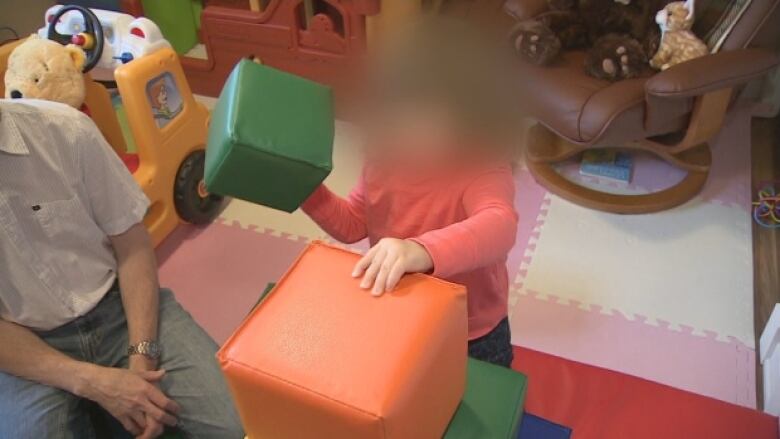N.W.T. judge quashes Aboriginal custom adoption decision for B.C. family
Justice Shannon Smallwood finds N.W.T. custom adoption commissioner did not have legal authority

A Northwest Territories Supreme Court judge is quashing the decision an N.W.T commissioner made in registering an aboriginal custom adoption for a B.C. couple three years ago.
The child, who was under a continuing custody order in British Columbia, was no longer living with the family in November 2016 when the application was filed in the N.W.T.
Justice Shannon Smallwood found custom adoption commissioner Mary Beauchamp did not have the authority to issue the certificate, calling the decision a "denial of procedural fairness" and "abuse of process."
She writes, the decision "must be quashed and the certificate must be vacated."
The case involves a Mtis child and a couple originally from British Columbia. They can't be named because of a publication ban.

The family claims it reached a verbal agreement with the child's birth parents to adopt in 2014, although it has claimed various dates. On the custom adoption certificate, the commissioner lists Oct. 24, 2013as the date it happened.
The family had been caring for the child as foster parents since birth.
Several attempts to adopt
In 2015, the child went under the guardianshipof B.C.'s director of child, family and community services. The child was later moved to live with biological siblings and their adoptive parents in another province.
The former foster family has made several attempts to get the adoption legally recognized in B.C., and most recently, the N.W.T.
On Nov. 22, 2016, the former foster family met with Beauchamp, who issued a certificate later that month "recognizing" the child had been adopted under Aboriginal customary law in 2014.
-
N.W.T. government opposes custom adoption granted to Mtis couple from B.C.
-
Mtis foster parents lose court fight to keep toddler, vow to keep fighting
The adoption certificate does not create an adoption but recognizes that one has already taken place, according to the Aboriginal Custom Adoption Recognition Act.
The judge considered a number of issues in her decision.
Smallwood wrote the director of B.C.'s child, family and community services did not "receive notice of the custom adoption application" from Beauchamp.
'A collateral attack'
In an affidavit on the judicial review, Beauchamp said she was not told the child "was in the legal custody of the director" or that the child was living with another family in a different province. The former foster family maintains Beauchamp "was aware" of the director's involvement, court documents show.
The director also argued the commissioner "lacked statutory authority to recognize a custom adoption that took place in another jurisdiction." Beauchamp's jurisdiction was limited to custom adoptions that occurred in the Northwest Territories, the director argued.
Furthermore, the child had never been to the N.W.T. and "there isno evidence" the child or her biological parents had any connections there, court documents show.
-
B.C.'s child advocate calls on attorney general to intervene in Mtis toddler case
-
Mtis toddler taken from B.C. family despite ongoing court battle
All along, the former foster family has maintained the director is "not" the child's "sole personal guardian," as the continuing custody order happened after the alleged custom adoption.
Justice Smallwood wrote this argument "conveniently ignores the history of the matter." The continuing custody order has already been challenged by the former foster family in B.C. court.
Smallwood called the argument "a collateral attack on the validity of the continuing custody order."












_(720p).jpg)


 OFFICIAL HD MUSIC VIDEO.jpg)
.jpg)



























































































